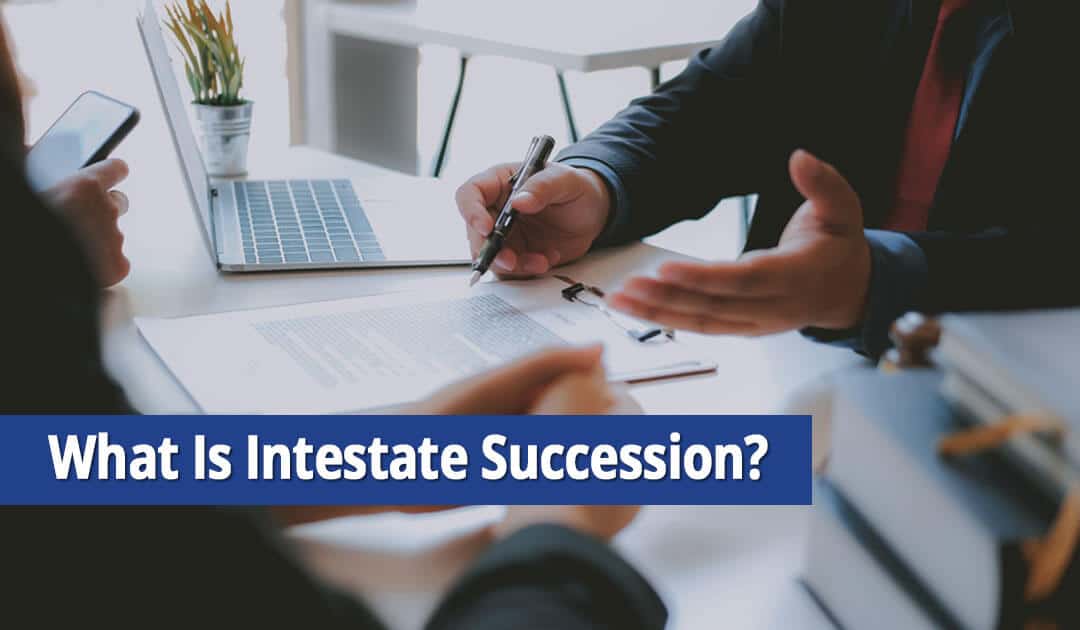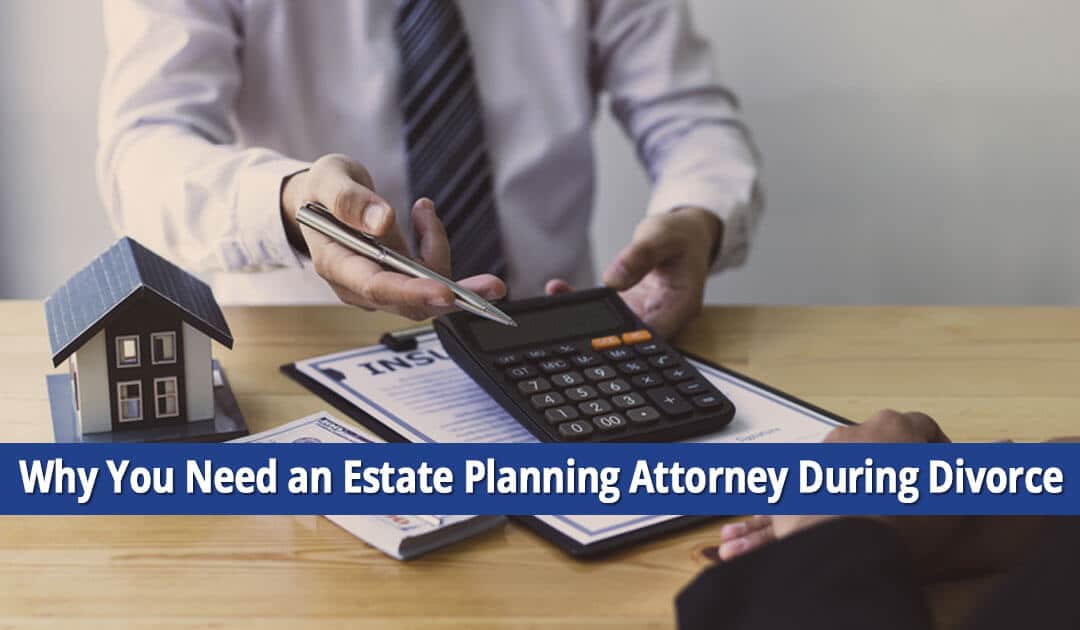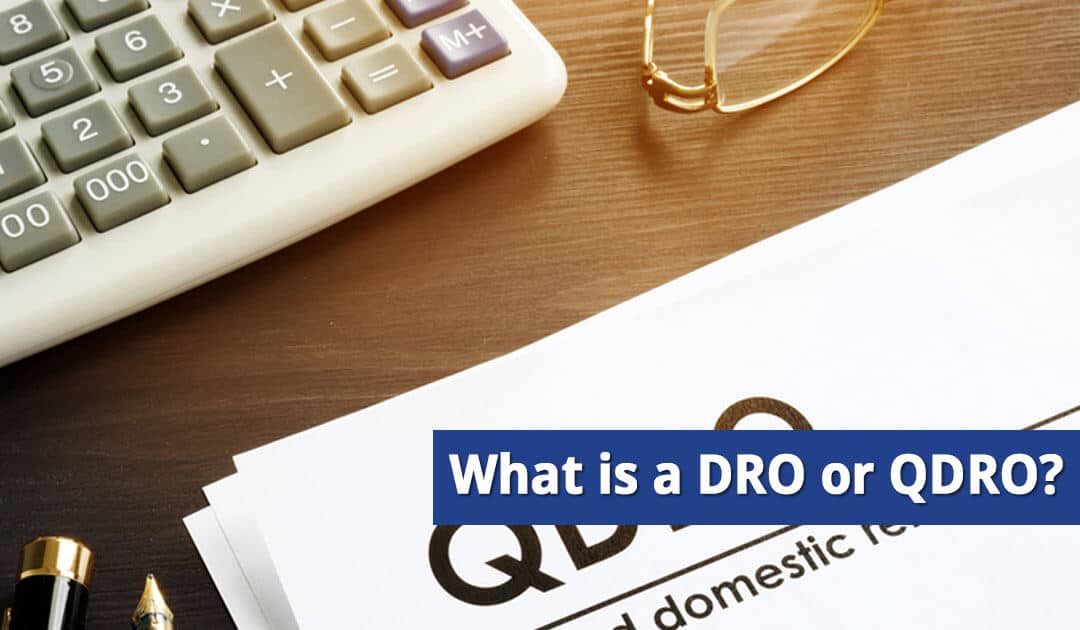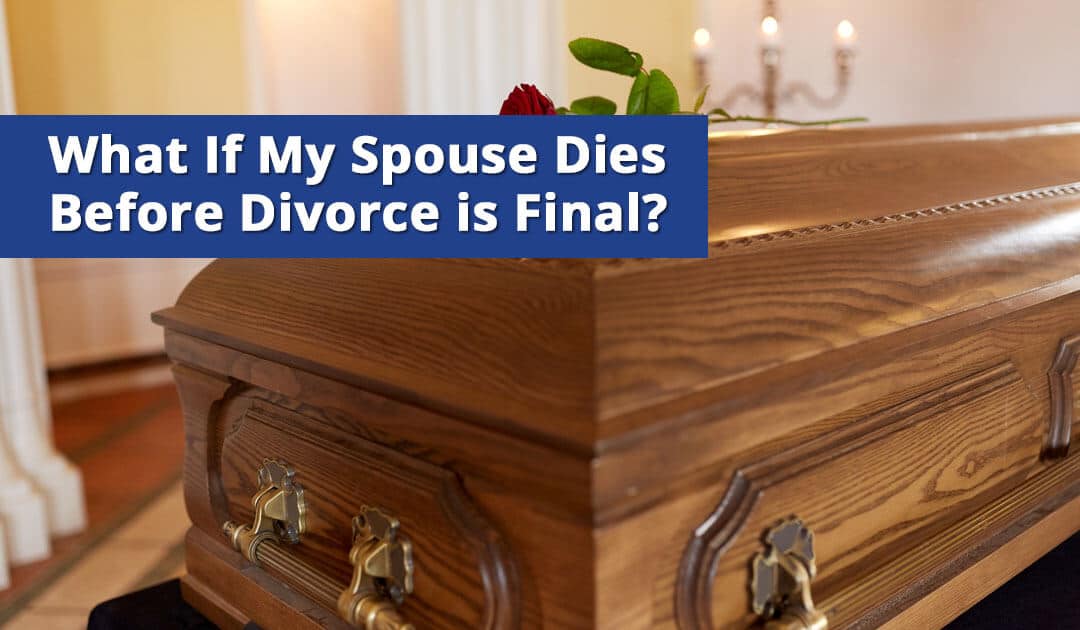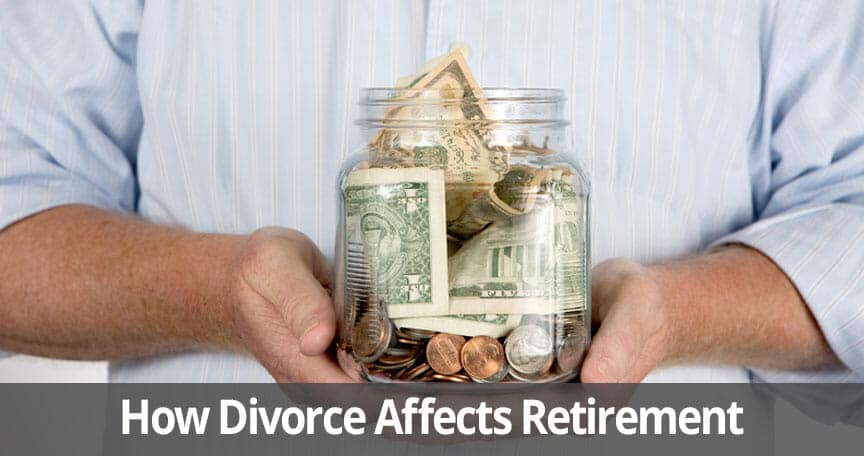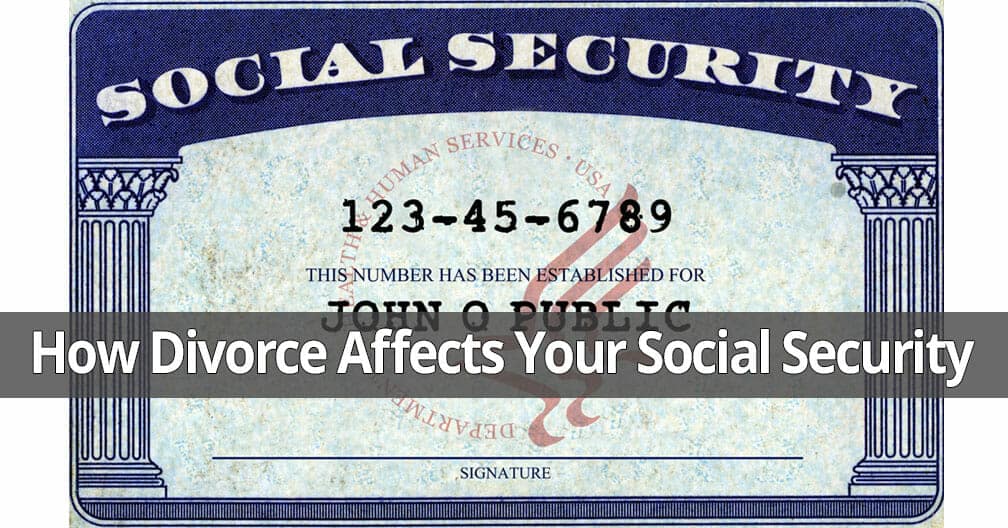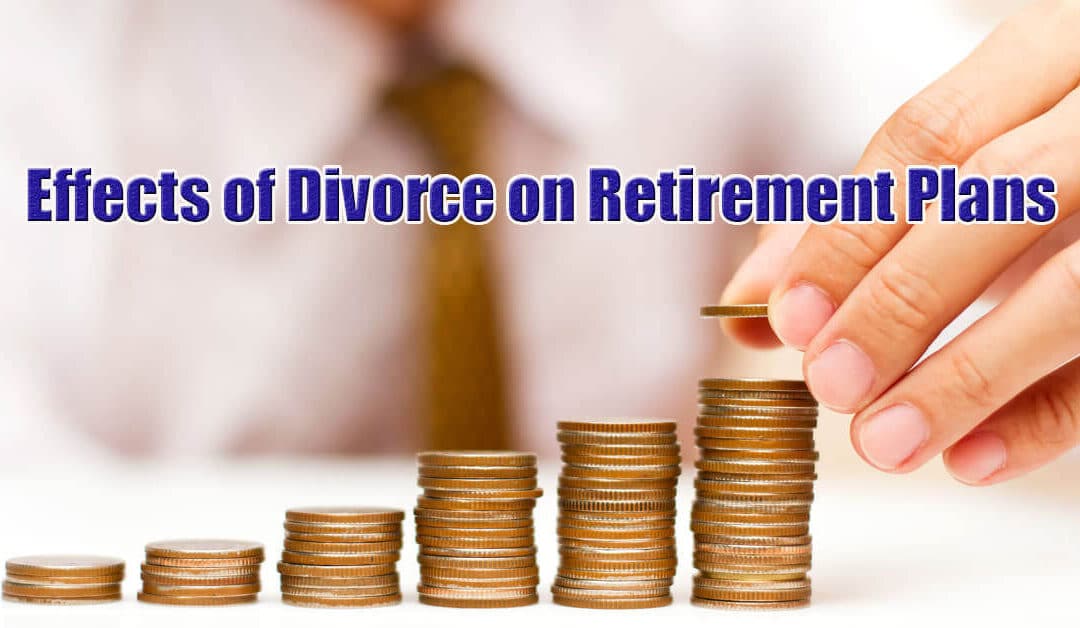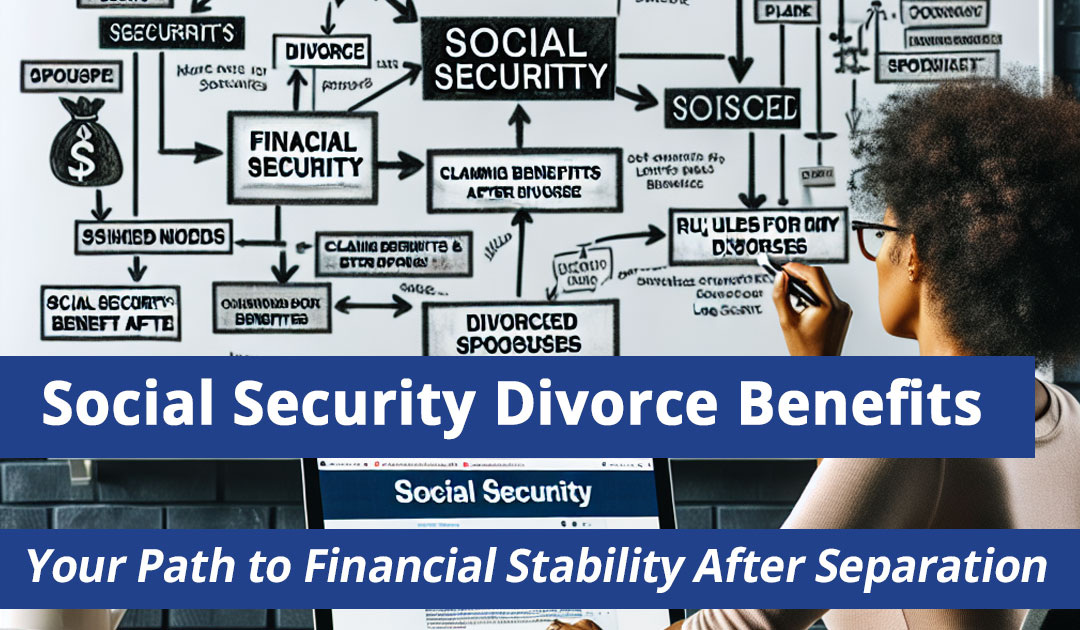
Social Security Divorce Benefits Provide Financial Stability
Social Security Divorce Benefits Provide Financial Stability
Navigating the complexities of Social Security divorce benefits can be a critical step toward achieving financial stability after a separation or divorce. For many individuals on Long Island, NY, understanding how to claim Social Security benefits after divorce is essential, particularly if you have depended heavily on your spouse’s income. The social security rules for divorced spouses offer a pathway to access benefits based on the length of the marriage and other specific criteria. In this guide, we aim to demystify the process by providing clear and informative insights into claiming these benefits, ensuring that you are well-equipped to secure your financial future. We understand the emotional and financial challenges that come with divorce and are here to provide the support and expertise you need at this trying time in your life.
Understanding Social Security Divorce Benefits and Divorce
Eligibility Criteria Explained
To qualify for Social Security divorce benefits, several conditions must be met.
- 10 Years. The marriage must have lasted at least 10 years. This duration ensures that short-term marriages do not qualify, maintaining the focus on long-term financial dependency.
- 62+ The individual seeking benefits must be at least 62 years old. However, claiming before reaching full retirement age may result in reduced benefits.
- Unmarried. It’s also essential that the person seeking benefits is currently unmarried. If they have remarried, they may not be eligible for benefits on their former spouse’s record.
- Entitled. The former spouse must be entitled to Social Security retirement or disability benefits. Notably, the individual claiming benefits does not need to have made any contributions to their own Social Security record. This eligibility framework aims to provide financial support to those who significantly relied on their spouse’s income during the marriage.
Key Social Security Rules for Divorced Spouses
Understanding the key rules surrounding Social Security divorce benefits can significantly impact your financial planning for your future. A crucial rule is that receiving benefits as a divorced spouse does not affect the benefits your ex-spouse or their current spouse receives. This independence ensures no negative financial impact on their record.
Additionally, if you have reached full retirement age and qualify for divorced spouse benefits, you can choose to receive only divorce-based benefits while delaying your own retirement benefits. This delay can result in a higher benefit amount when you later claim on your own record.
Another important rule is that if your ex-spouse has not yet applied for benefits but qualifies, you can still receive benefits as long as you have been divorced for at least two years. These rules provide strategic options for divorced individuals seeking to maximize their Social Security benefits.
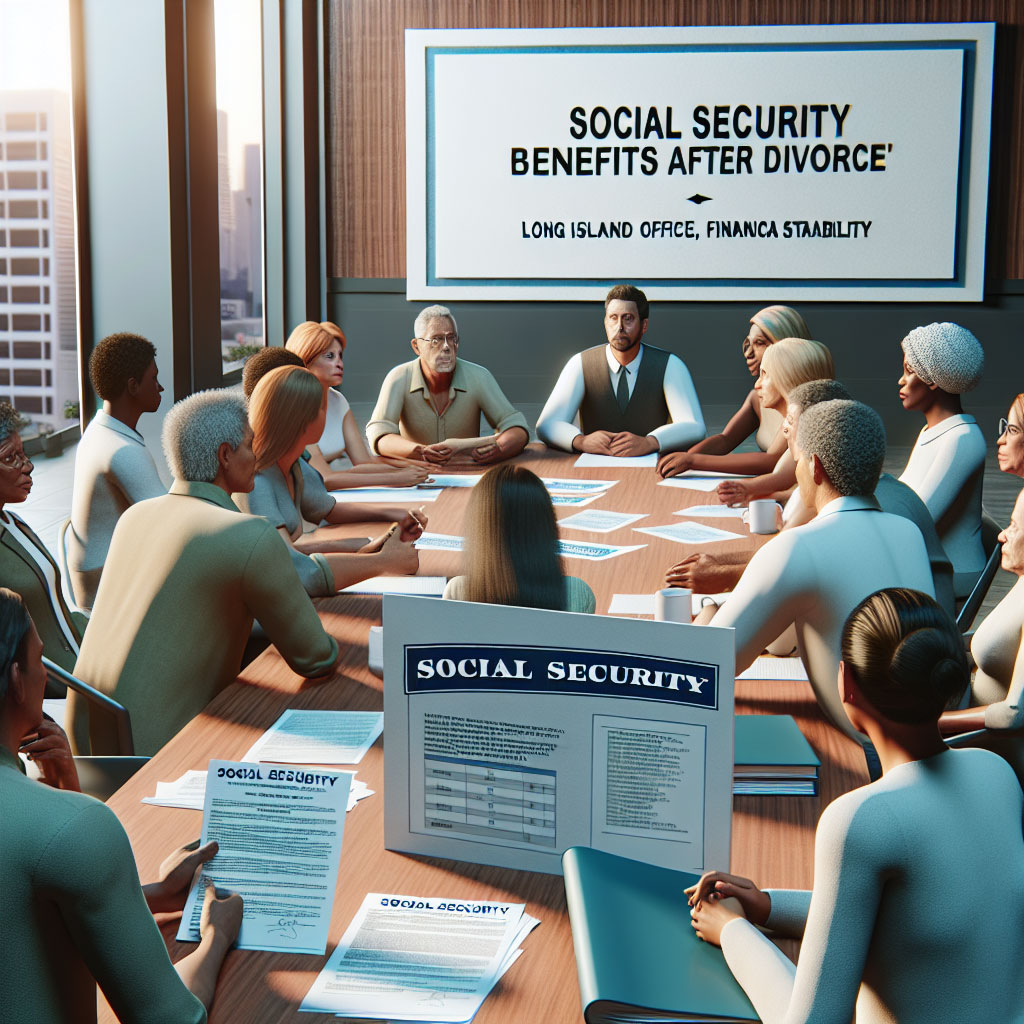
How to Claim Social Security Benefits After Divorce
Steps to Apply for Social Security Benefits Successfully
Applying for Social Security divorce benefits involves a few straightforward steps.
Gather Essential Documents. Begin by gathering essential documents such as your marriage certificate and divorce decree. These documents verify your eligibility based on the marriage duration.
Collect Social Security Numbers. Next, ensure you have your Social Security number and that of your ex-spouse. This information is crucial for the Social Security Administration (SSA) to process your claim.
Apply in Person or Online. Visit your local Social Security office in Nassau County or Suffolk County, NY, or apply online through the Social Security Administration website.
Apply for Benefits as a Divorced Spouse. During the application process, clearly indicate that you are applying for benefits as a divorced spouse.
It’s wise to contact the Social Security office beforehand to confirm any additional documentation needed based on your specific circumstances. Seeking guidance from an experienced legal advisor can also facilitate a smooth application process. By following these steps, you can efficiently navigate the application process and secure the benefits you are entitled to.
Navigating Social Security Offices in Long Island, NY
Navigating Social Security offices in Long Island, NY, is a vital step in applying for divorce benefits. There are several offices across Nassau and Suffolk County, each equipped to assist with Social Security inquiries and applications.
Social Security Offices in Nassau County, NY
Social Security Offices in Suffolk County, NY
- Melville
- Patchogue
- Central Islip
- Ronkonkoma
- West Babylon
- Deer Park
- Hauppauge
- Riverhead
Before visiting, it’s advisable to check office hours and whether you need an appointment. This can save significant time and streamline your visit.
When you arrive, ensure you have all necessary documents, including identification and any paperwork related to your marriage and divorce. Social Security office staff can guide you through the application process, answer any questions, and help resolve issues. If mobility is a concern, consider using online services or contacting the office for remote assistance options. Remember, the goal is to make the process as efficient and stress-free as possible. For further assistance, consult with a local legal expert familiar with Social Security and divorce who can provide additional support.
Financial Stability Post-Divorce

Maximizing Social Security and Spousal Support
Maximizing Social Security benefits alongside spousal support can significantly enhance financial stability after a divorce. It’s crucial to strategically plan the timing of your Social Security benefit claims. Delaying benefits until reaching full retirement age can increase monthly payments, providing long-term financial benefits.
Additionally, understanding how spousal support interacts with Social Security is important. Spousal support, commonly known as alimony, is not considered taxable income by the IRS, nor does it affect your eligibility for Social Security benefits as a divorced spouse. This allows for a complementary financial strategy, ensuring both streams of income work together. Consulting with a financial planner, estate planner or legal expert can provide tailored advice, helping you make informed decisions about when to claim benefits and how to effectively manage both sources of income. This strategic approach helps secure a more stable financial future and provides peace of mind during a challenging life transition.
Planning Long-Term Financial Security
Planning for long-term financial security after a divorce involves several key steps.
Budget. Start by creating a comprehensive budget that reflects your new financial reality, accounting for all sources of income, including Social Security and any spousal support. Analyze your expenses critically to identify areas for potential savings.
Consult a Financial Advisor. Consider consulting with a financial advisor to map out a long-term strategy, which might include investments, retirement planning, and debt management.
Review & Update Accounts. It’s also wise to review and update all financial accounts and documents, such as wills and insurance policies, to reflect your current circumstances. This critical to manage your estate planning after divorce as your beneficiaries, as well as your financial picture will likely be very different than when you were married.
Build a Safety Net. Building an emergency fund can provide a safety net, enhancing financial stability.
Educate Yourself. Continuous education about financial management can empower you to make informed decisions.
By taking these proactive steps, you can lay a solid foundation for a secure financial future, ensuring peace of mind and stability as you navigate life post-divorce.
Hornberger Verbitsky, P.C. Can Help
The Long Island, NY divorce and family law firm Hornberger Verbitsky, P.C. has over 20 years of experience helping its clients navigate the divorce process on Long Island, New York. Our firm offers a free consultation and case evaluation to discuss your divorce needs over the phone, in our offices or online. During this initial meeting, we will listen to your concerns, answer your questions, and outline the steps involved in getting you the support you need. Our goal is to provide you with clarity and confidence as you navigate this challenging time.
Schedule a free consultation and case evaluation with an experienced Long Island family law attorney to discuss your case and learn how we can help. We will answer your questions, explain your legal options, and help you understand your rights. Contact Hornberger Verbitsky, P.C. today at 631-923-1910 or fill out the short form below for your complimentary consultation and case evaluation.
~ Lynsay Halikias
Frequently Asked Questions About Social Security Benefits After Divorce
What are Social Security Benefits and how can they be affected by divorce?
- Social Security Benefits provide financial support to individuals who have paid into the Social Security system through payroll taxes. After a divorce, these benefits may be affected, especially if spousal benefits are involved. Divorce and Social Security are closely linked as a divorced spouse may be entitled to Social Security benefits based on their ex-spouse’s work record. To qualify, the marriage must have lasted at least 10 years, the ex-spouse must be entitled to Social Security retirement or disability benefits, and the claimant must be unmarried. Understanding these criteria can help you maximize your post-divorce benefits.
Can I claim Social Security Benefits based on my ex-spouse’s record after divorce?
- Yes, you can claim Social Security Benefits based on your ex-spouse’s record after a divorce, provided certain conditions are met. You must have been married to your ex-spouse for at least 10 years and be divorced for at least two continuous years if your ex-spouse is not yet receiving benefits. You must also be 62 years or older and not remarried. This is part of the Post-Divorce Benefits available to divorced individuals. The benefits you receive will not affect the amount your ex-spouse or their current spouse may receive. Contact us at 631-923-1910 for a free consultation and detailed guidance on your specific situation.
How does a divorce settlement affect my eligibility for Social Security Benefits?
- A divorce settlement itself does not directly affect your eligibility for Social Security Benefits. However, it is important to understand that Social Security is considered a federal benefit and is not divided in divorce settlements like other marital assets. Divorce and Social Security can be complex, and other financial agreements in your divorce settlement may indirectly influence your financial situation and planning. For example, understanding how spousal support or alimony may interact with Social Security benefits is crucial. Our experienced Long Island divorce attorneys can help navigate these waters and ensure your financial future is secure.
What are spousal benefits after divorce and how can I qualify?
- Spousal benefits after divorce allow you to receive a portion of your ex-spouse’s Social Security benefits if certain conditions are met. To qualify, you must have been married for at least 10 years and remain unmarried. Additionally, you must be at least 62 years old, and your benefit based on your work record must be less than the benefit you would receive based on your ex-spouse’s record. Spousal benefits after divorce can provide significant financial support, especially if you were the lower-earning spouse.
How can I ensure my financial security post-divorce with Social Security Benefits?
- Ensuring financial security post-divorce involves understanding the role Social Security Benefits can play in your financial planning. It’s essential to know your eligibility for benefits based on your ex-spouse’s work record and how these can supplement your income. Consider consulting with a legal expert to evaluate your current financial situation and explore options like spousal support, asset division, and retirement planning.
Can Social Security Benefits be divided in a divorce settlement?
- No, Social Security Benefits cannot be divided in a divorce settlement as they are considered federal benefits. However, understanding how they factor into your overall financial situation post-divorce is crucial. While Social Security Benefits themselves are non-negotiable in divorce settlements, they can influence negotiations regarding other financial aspects like alimony or asset division. Our team can help you understand these implications and ensure that your divorce settlement aligns with your long-term financial goals. Contact us at 631-923-1910 for a free consultation to discuss how to strategically navigate these issues.
GET YOUR FREE CONSULTATION TODAY Call 631-923-1910 or fill in the form below

Horberger Verbitsky, P.C. partners Robert E. Hornberger, Esq. and Christine M. Verbitsky, Esq.
Get your complimentary consultation and case evaluation with our experienced attorneys today. Your attorney will describe the many options available and determine together which is the right solution for you. By the end of this conversation, we’ll all understand how we can best help you to move forward.
No Cost or Obligation
There is no cost or obligation for this initial consultation. It is simply an opportunity for us to get to know each other, answer your questions and learn if Hornberger Verbitsky, P.C. is right the right law firm for you. Give us a call at 631-923-1910 or fill in the short form below for your free consultation and case evaluation. All Fields Are Required
About the Author
Robert E. Hornberger, Esq., Founding Partner, Hornberger Verbitsky, P.C.
- Over 20 years practicing matrimonial law
- Over 1,000 cases successfully resolved
- Founder and Partner of Hornberger Verbitsky, P.C.
- Experienced and compassionate Long Island Divorce Attorney, Family Law Attorney, and Divorce Mediator
- Licensed to practice law in the State of New York
- New York State Bar Association member
- Nassau County Bar Association member
- Suffolk County Bar Association member
- “Super Lawyer” Metro Rising Star
- Nominated Best of Long Island Divorce Attorney four consecutive years
- Alternative Dispute Resolution Committee Contributor
- Collaborative Law Association of New York – Former Director
- Martindale Hubbell Distinguished Designation
- America’s Most Honored Professionals – Top 5%
- Lead Counsel Rated – Divorce Law
- American Institute of Family Law Attorneys 10 Best
- International Academy of Collaborative Professionals
- Graduate of Hofstra University School of Law
- Double Bachelor’s degrees in Philosophy, Politics & Law and History from SUNY Binghamton University

















